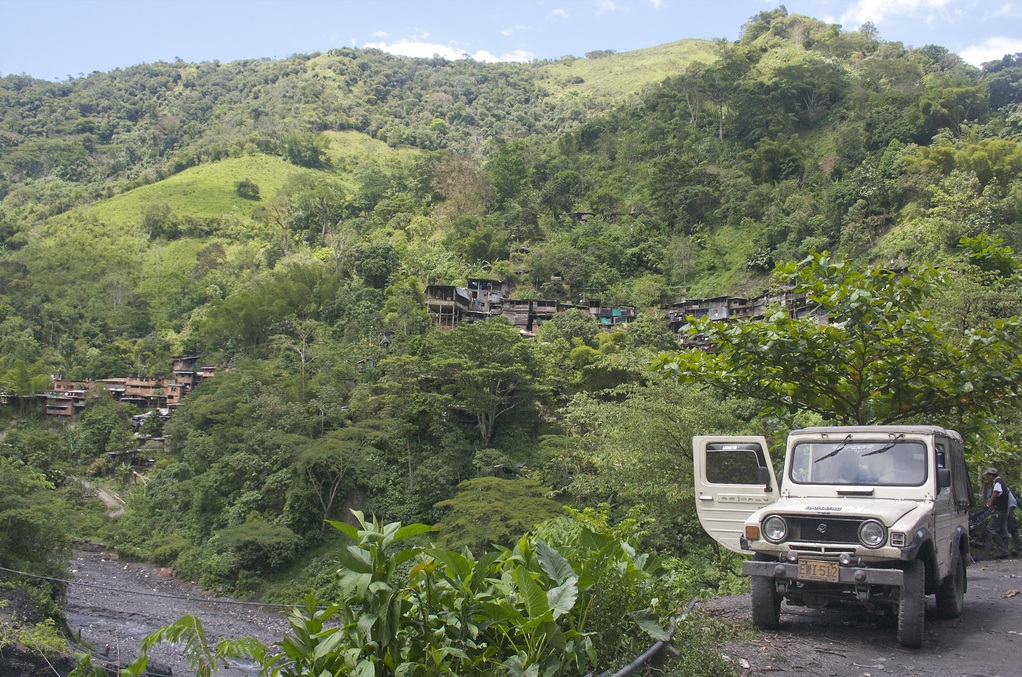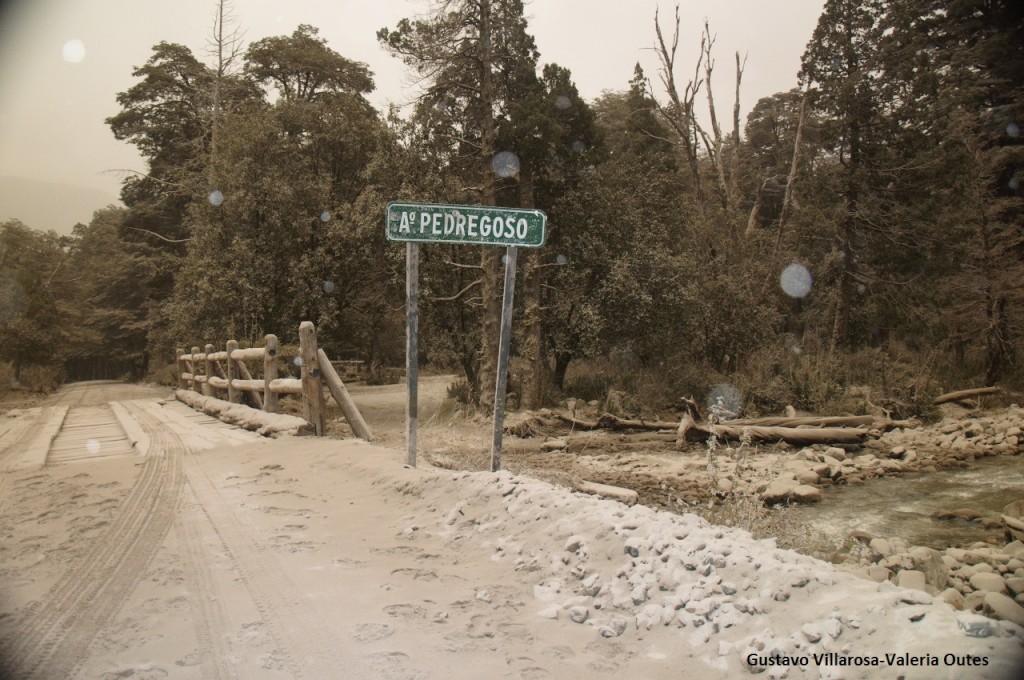On June 3 2011, Patagonia cracked open. A thick brown cloud of ash shot nine miles into the air, ejected from the Puyehue-Cordón Caulle volcanic complex in Chile’s lake district. Within hours, ash was raining down on both sides of the Argentine-Chilean border, forcing schools, roads and airports to shut down. Now, more than nine months later, the complex is still rumbling and sending ash billowing into the Argentine resort towns of Bariloche and Villa La Angostura.
Puyehue-Cordón Caulle sits along an eighteen-kilometer section of the Andes about 100 kilometers east of Osorno in southern Chile that churns with volcanic activity. It has more than 60 historically or potentially-active volcanoes. Last June’s erupton didn’t originate in a single crater but came from many fractures and fissures. One hundred million cubic meters of pyroclastic material were released per day in the initial phase of the eruption, according to Chile’s National Geology and Mining Service (Sernageomin). 3,500 people were evacuated from the immediate vicinity in Chile and towns as far as Bariloche in Argentina—about 130 kilometers away—were blanketed in a foot of volcanic ash that short-circuited power lines and closed highways.
“We’re going to be paying for this for years,” says Gustavo Villarosa, a volcanologist based in Bariloche at the National University of Comahue. The ash fouled the city’s sewage treatment plant and municipal water purification system, says Villarosa. “The pumps corroded, the filters were blocked up” Local officials had time to plan for the eruption but didn’t, he says.
Continue reading “A year later, the effects of a volcanic eruption still plague Patagonia”


